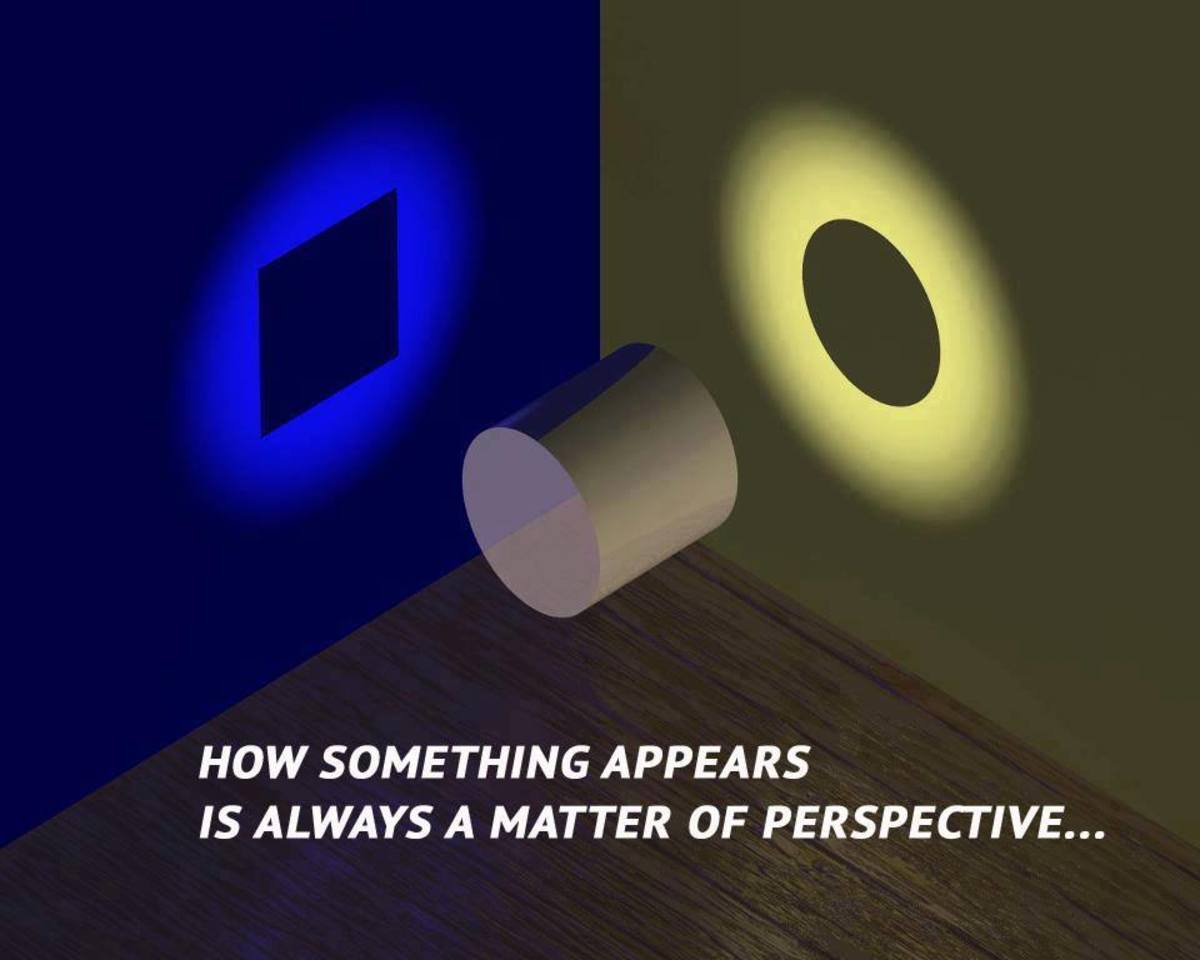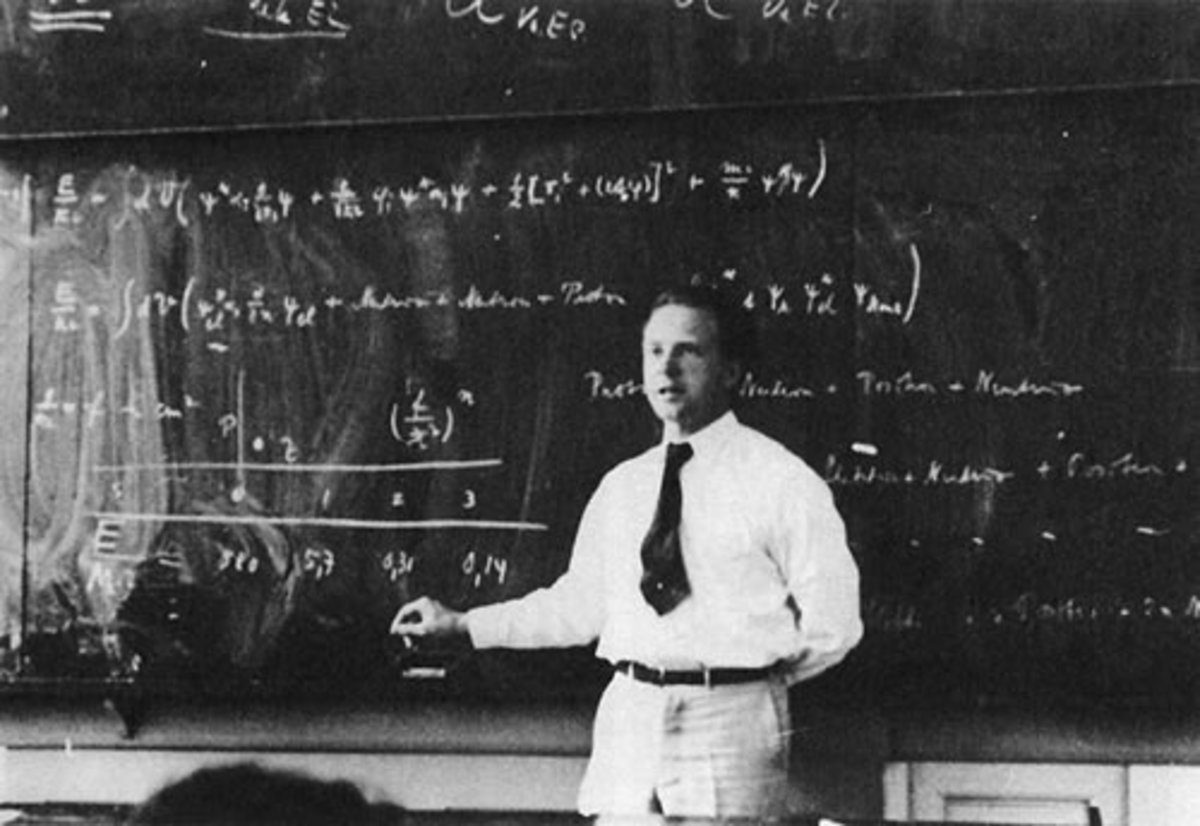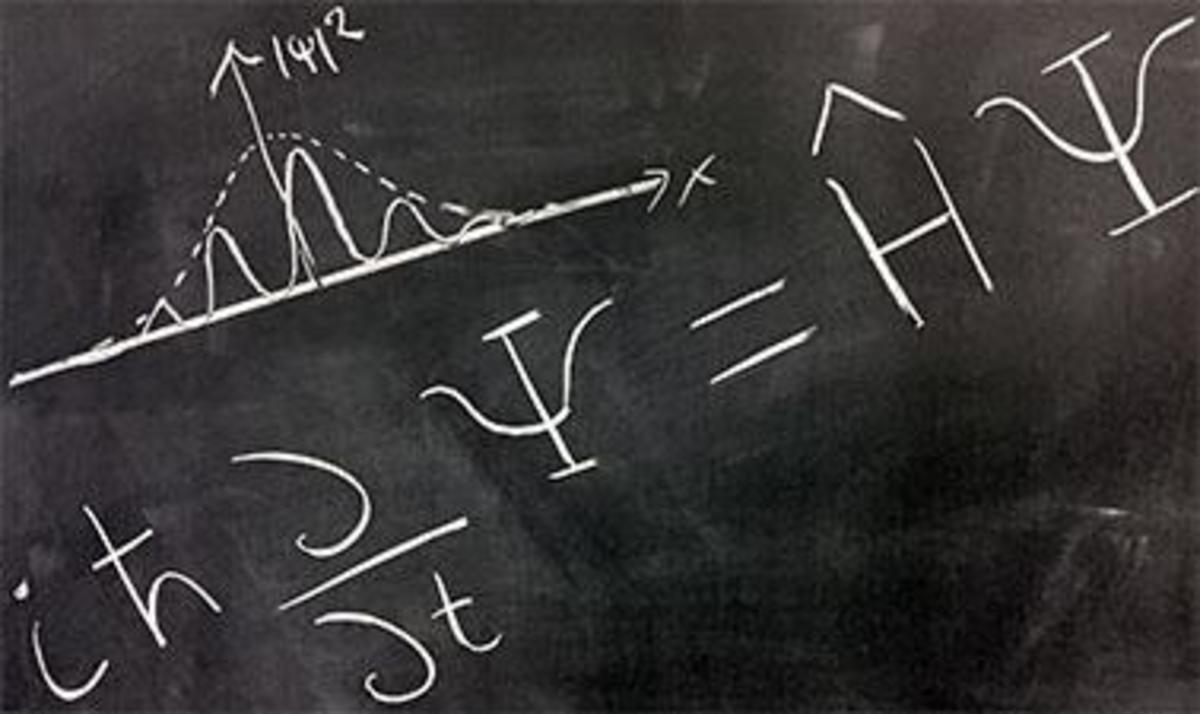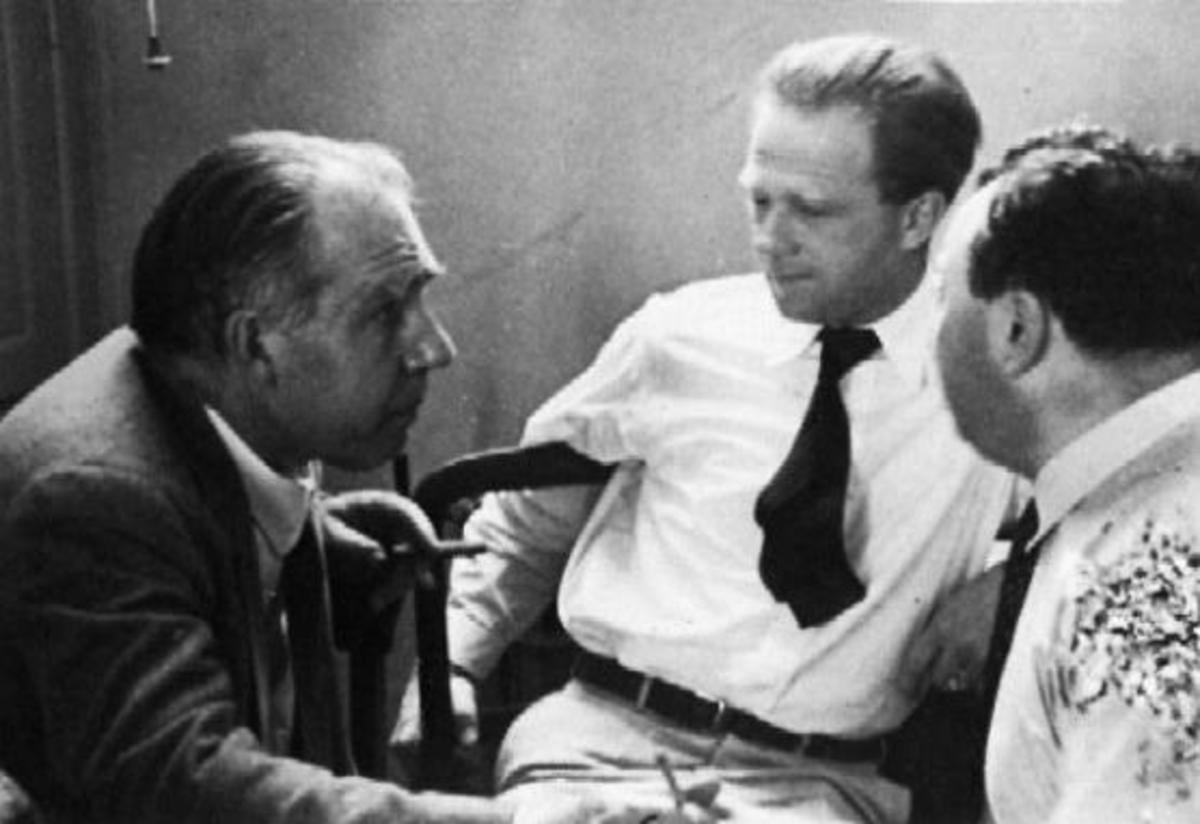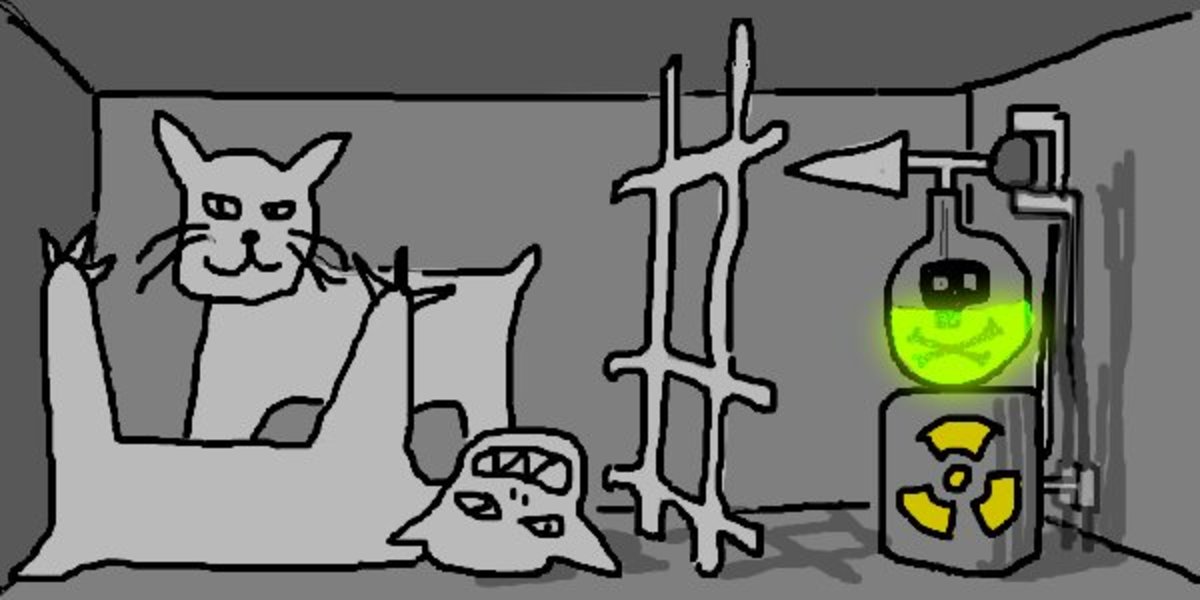Quantum Mechanics: Effects to Cause
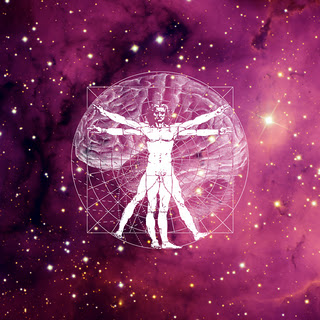
Effects to Cause?
In the world of Einstein's relativity, there is no probability, that various understanding of the world around us are fixated in a set frame that is set from the beginning of time. This goes on to state that his symphony of theories require that nothing interfere with time, that it can be calculated in stern discipline from beginning to end without probabilities.
Although this may be true in Einstein's world, there is a very different understanding of the world developing in the twenty first century. It is one that allows for an individual to give up just thinking forward and allow for the possibilities of parallel universes to exist alongside our own. This particular article poses just one possible question, that instead of a cause delivering the effect; that the possibility of an effect becoming the cause, a time travel of sorts.
Traditional Newton and Einstein rules on Cause and Effect
This may seem far fetched at first, but let's deliver the first example, a traditional concept of Newton and Einstein theories, that an action will always cause a reaction, and this is a permanent figure and fact. In their world, let's take for a moment a pencil that you hold in your hand, and within a moment, you will toss the pencil to your friend across the room, taking a cause and effect rule and solidifying it.
In that moment, your mind knows that conscious is going to make the act of throwing it, along with physical feelings of force, hand/finger movement, and the air qualifies as a gravitational force in which the pencil is thrown and slowed. Now you friend has caught the pencil, and his hand has tightened and held the pencil, and now is at rest, thereby finishing the process.
Quantum Mechanics with Abstract Principles
Now suppose for a moment, that instead of your hand throwing the pencil, that the friend across the room is about to throw it back. In this situation, you would feel anticipation, unconscious anxiety, and your subconcipus begin to build electrical frequencies in your consciousness knowing you will eventually have to catch the pencil because he/she has stated that they were throwing it.
In this moment, unlike the last, you have time traveled in abstract thinking, because technically you have already played out the thought in your own mind, subconsciously while understanding that the pencil has not physically touched your hand. What if it fell to low to catch it; went high over your head; or he/she simply did not throw it?
Underlying Understanding
In theory, it states that although the pencil has not been thrown, it's own effects of mental disruption has already caused you to act accordingly, whereas many different situations has yet to occur. Now take for example the entire world as a whole, and consider Einstein's theory that this world acts upon relativity, that is there is no probability.
His theory would relate the entire world as always moving forward, and that the action of one such item, person, or place would effect something else in relation or entirety, thus moving the world and the universe in a continous cycle. He guided this process in his notes up until the day he left this earth, but there were a few things that contradicted his theories.
To give a slightly scientific understanding, we must look at the movements of protons, neutrons, electrons, the nucleus; but dig deeper to look at quarks, and photons, to the eventual field we know as the Higgs field. The movements of all these various elements that act on an ultrascopic scale, that each one acts in a random movement in all directions, therefore increasing the probabilities of randomness and limitless possibilities.
The question
Now that some understanding has been given light to the situation or idea at hand, the next step would to think very unlogically and with an open imagination, because in technicality; Everything, from humans and animals, to planets and the multiverse universes, all have an aspect that is in relation to one another.
In itself, each and every possible organism and atom can be any other place in time considering randomness, that is if one can go forward or backward,or up and down, as in a 2d or 3d dimension; Then it would be fair to state that a 4th, 5th, or 150th dimension could exist, and this is in abstraction that one could go back and forth in time, and therefore could recreate all other dimensions in movement and action.
Conclusion
In conclusion, no matter if you are a fan of relativity or probability, of logic or creativity, it is all in itself related to the many factors and misunderstandings that continue to baffle the science community today. If we can fly to space, why couldn't we warp through space. In this moment, we must ask ourselves, particles pass through us everyday, and just as if we teleported through a wormhole in theory, why couldn't a particle advance through us in the same way and coordination. Scientific fact, or philosopher jargon, I will let you decide.
If you like this informative article, you can view a few of my others below:
- Technocracy: A New Society
What is Technocracy, and how will it shape the future of the world? This Article helps to explain its use in an ever changing world and how we as humans can exist peacefully with machines in a centralized computer consciousness. - Socialism VS. Capitalism in Philosophy
An article based on political philosophy and the difference between capitalism and socialism. This is examined with a sense of end results in a more directional One World Government and how it would be structured. - Do We Truly have Free Will? The Experiment by Benjamin Libet
The debate over Free Will and the distinction between the subconscious and the conscious has been talked about for ages, from the religious institutions to the neurologists and other neural-psychologists in the field of neuroscience. This debate inte

